Search
Research
Efficacy and safety of influenza vaccination during pregnancy: realizing the potential of maternal influenza immunizationPregnant women are at higher risk of severe complications following influenza infection compared to the general population. Influenza vaccination during pregnancy can offer direct protection to pregnant women and passive immunity to infants up to 6 months of age via maternal antibodies. Pregnant women are a high priority group for influenza immunization.
Research
A place for neutrophils in the beneficial pathogen-agnostic effects of the BCG vaccineThe BCG vaccine has long been recognized for reducing the risk to suffer from infectious diseases unrelated to its target disease, tuberculosis. Evidence from human trials demonstrate substantial reductions in all-cause mortality, especially in the first week of life. Observational studies have identified an association between BCG vaccination and reduced risk of respiratory infectious disease and clinical malaria later in childhood.


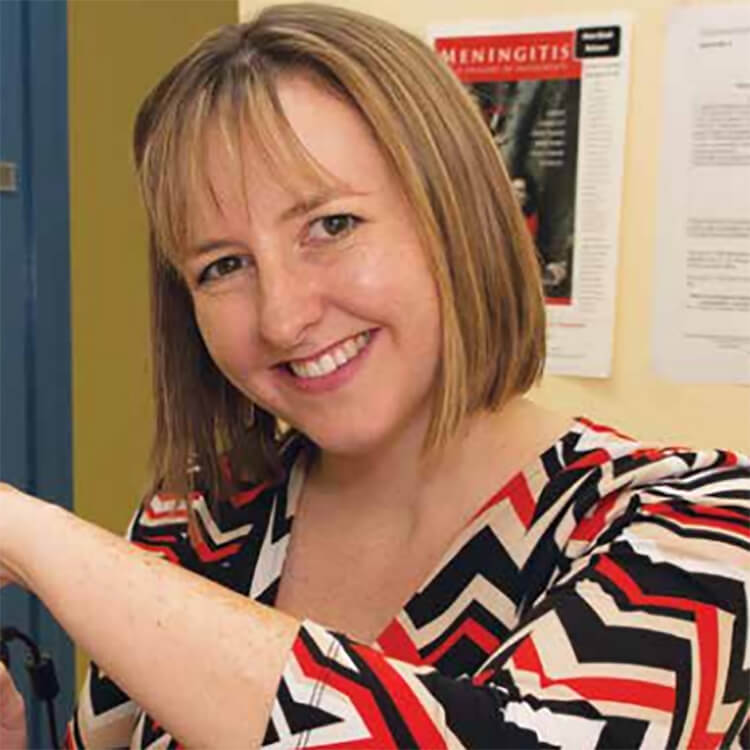
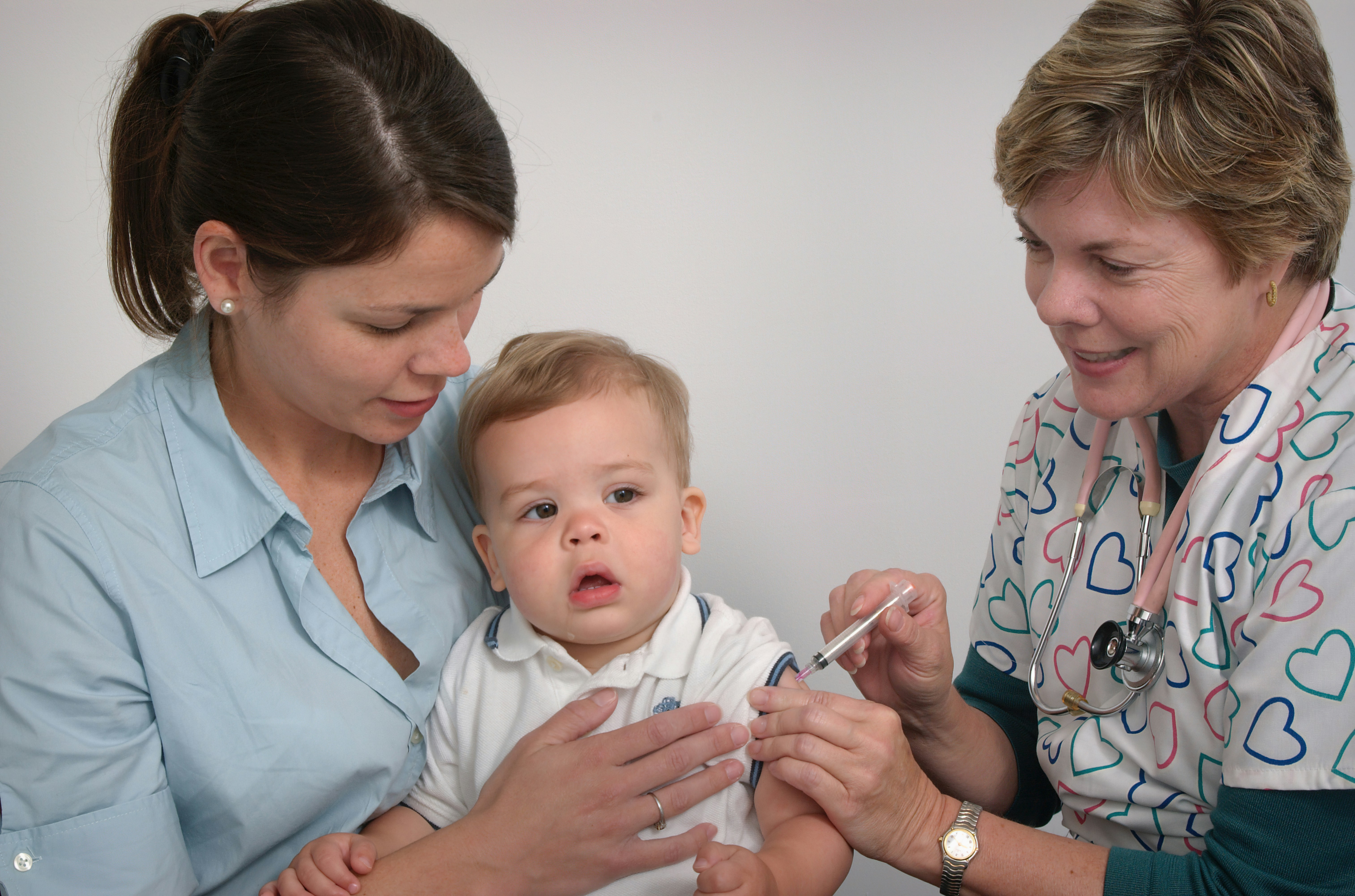
News & Events
The Kids researchers help quantify global impact of life-saving vaccinesResearchers at The Kids Research Institute Australia have helped map the global impact of life saving vaccines to mark the 50-year anniversary of the Expanded Programme on Immunisation (EPI).

News & Events
RSV prevention finally in reach after 20 years of research at The Kids Research Institute AustraliaWorld-first immunisations providing protection against deadly respiratory syncytial virus (RSV) could be just months away thanks to global research efforts spanning multiple decades.
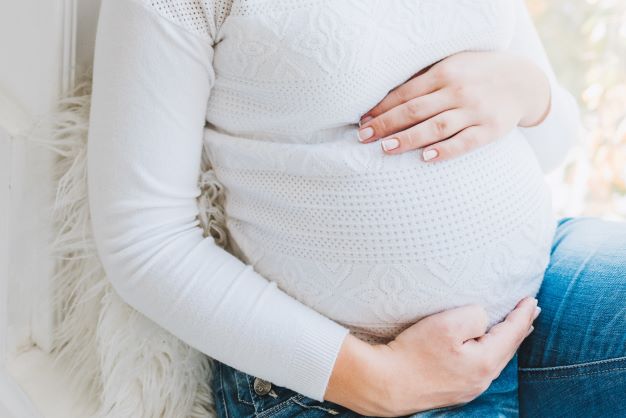
News & Events
Free vaccines for pregnant mums see monumental rise in protection for WA babiesNew collaborative research involving almost 600,000 pregnant mothers has demonstrated a dramatic increase in uptake of the whooping cough (pertussis) vaccine after identifying just 22 per cent of WA women had the maternal vaccination between 2012 – 2017.
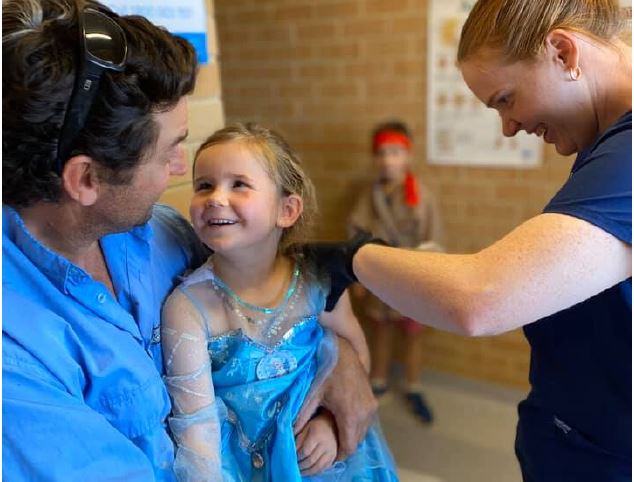
News & Events
Landmark Australian influenza collaboration finalist for Eureka PrizeInfectious disease researchers who used a decade of scientific evidence to advocate for a nationwide childhood influenza immunisation policy have earned a finalist position at the country’s most prestigious science awards – the Australian Museum Eureka Prizes.
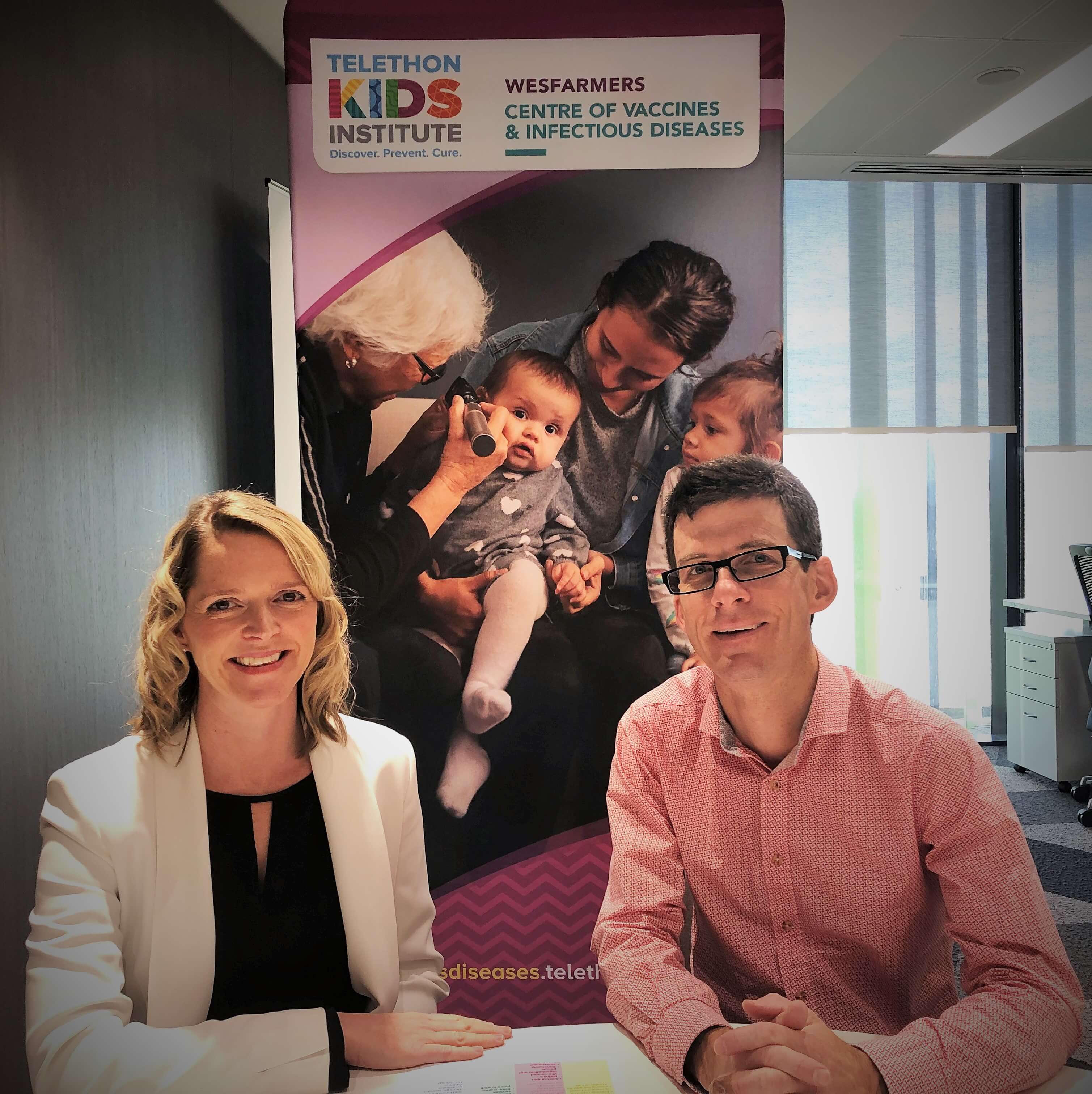
News & Events
New Co-directors for the Wesfarmers Centre of Vaccines and Infectious DiseasesDr Lea-Ann Kirkham and Dr Chris Blyth have been appointed as Co-Directors
